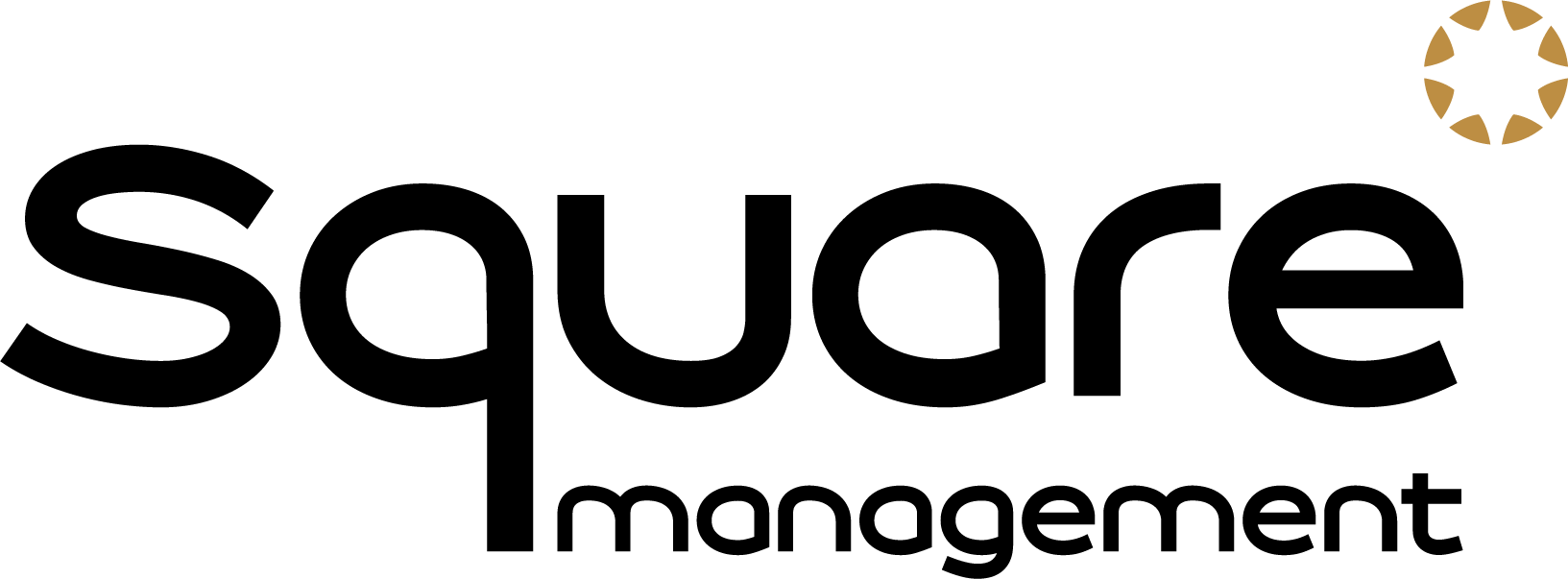

Square

Île-de-France, France
February 2025
Management consultant - for-profits
Service with Minor Environmental Footprint
Belgium,
France,
Luxembourg,
United States
Square Management est un cabinet de conseil spécialisé en stratégie et organisation qui accompagne ses clients dans l’anticipation, la conception et la réalisation de leurs projets de transformation, en France, en Belgique et au Luxembourg. Square Management est organisé autour de deux offres complémentaires : - Une offre de conseil en stratégie sous la marque Circle Strategy - Une offre de conseil en organisation et management articulée autour de 10 domaines d’excellence : AI & Data, Digital & Marketing, Innovation, Organisation & Efficiency, People & Change, Payments, Regulatory & Compliance, Risk & Finance, Supply Chain et Sustainability. Square Management est un acteur unique, qui, fort d’un réseau de 900 collaborateurs, développe des méthodes spécifiques pour chacun de ses domaines d’excellence, aidé des 30 chercheurs du Square Research Center. Square Management a obtenu la médaille de platine EcoVadis et figure parmi le top 1% des entreprises évaluées.
Overall B Impact Score
Governance 10.9
Governance evaluates a company's overall mission, engagement around its social/environmental impact, ethics, and transparency. This section also evaluates the ability of a company to protect their mission and formally consider stakeholders in decision making through their corporate structure (e.g. benefit corporation) or corporate governing documents.
What is this? A company with an Impact Business Model is intentionally designed to create a specific positive outcome for one of its stakeholders - such as workers, community, environment, or customers.
Workers 38.0
Workers evaluates a company’s contributions to its employees’ financial security, health & safety, wellness, career development, and engagement & satisfaction. In addition, this section recognizes business models designed to benefit workers, such as companies that are at least 40% owned by non-executive employees and those that have workforce development programs to support individuals with barriers to employment.
Community 14.0
Community evaluates a company’s engagement with and impact on the communities in which it operates, hires from, and sources from. Topics include diversity, equity & inclusion, economic impact, civic engagement, charitable giving, and supply chain management. In addition, this section recognizes business models that are designed to address specific community-oriented problems, such as poverty alleviation through fair trade sourcing or distribution via microenterprises, producer cooperative models, locally focused economic development, and formal charitable giving commitments.
Environment 13.6
Environment evaluates a company’s overall environmental management practices as well as its impact on the air, climate, water, land, and biodiversity. This includes the direct impact of a company’s operations and, when applicable its supply chain and distribution channels. This section also recognizes companies with environmentally innovative production processes and those that sell products or services that have a positive environmental impact. Some examples might include products and services that create renewable energy, reduce consumption or waste, conserve land or wildlife, provide less toxic alternatives to the market, or educate people about environmental problems.
Customers 4.5
Customers evaluates a company’s stewardship of its customers through the quality of its products and services, ethical marketing, data privacy and security, and feedback channels. In addition, this section recognizes products or services that are designed to address a particular social problem for or through its customers, such as health or educational products, arts & media products, serving underserved customers/clients, and services that improve the social impact of other businesses or organizations.
What is this? A company with an Impact Business Model is intentionally designed to create a specific positive outcome for one of its stakeholders - such as workers, community, environment, or customers.